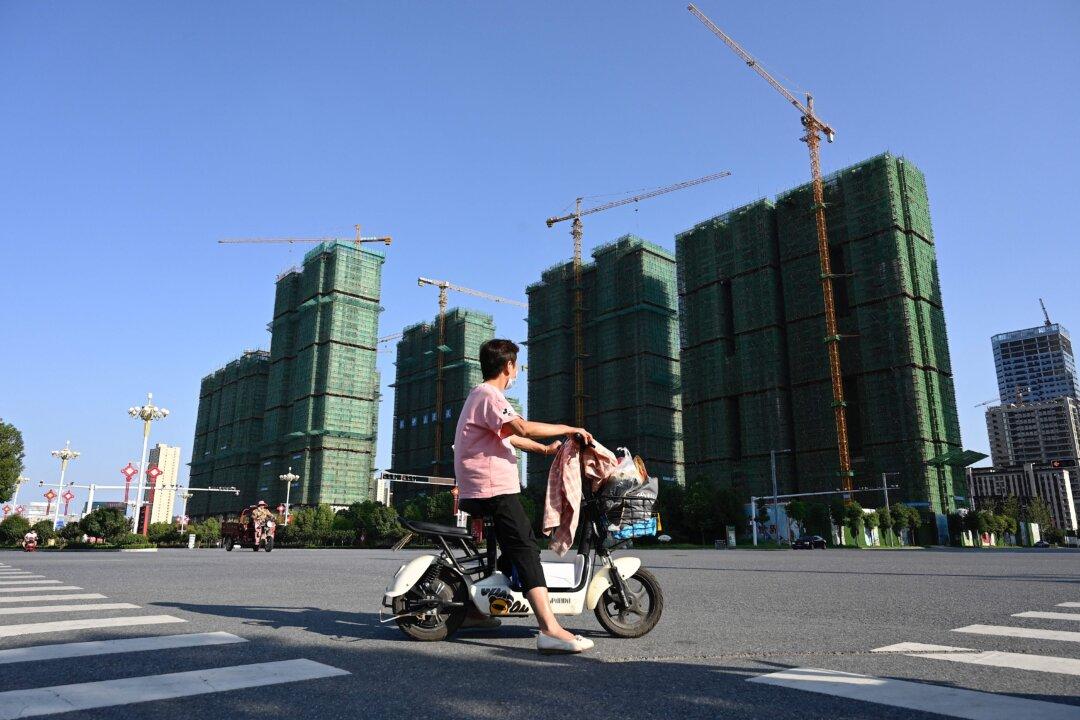Zhengzhou, a metropolitan city in central China, recently banned online discussion of the real estate market in a campaign to fight Internet disinformation, according to the official website of the city’s Cyberspace Administration.
According to the official online post on April 13, the city continues to intensify efforts in “controlling and disposing of information at the source” in an effort to implement a so-called “clean Internet” campaign known as “Qinglang” administered by the Central Cyberspace Affairs Commission (CCAC).
The post said the Zhengzhou authorities summoned netizens who spread negative and disparaging information about the property market. The authorities claimed that relevant entities “regretted” their misconduct and promptly “deleted” the content.
The official WeChat account of Zhengzhou Cyberspace Administration reported on April 1 that the authorities had taken action against ten internet bloggers’ accounts, three of which were related to the real estate sector.
The report mentioned that the owner of a local real estate Internet account, “Xiaodeng,” was summoned and criticized by the authorities for disseminating negative information about the real estate sector.
Also on that day, Zhengzhou City issued a plan to promote the “Sell Old, Buy New, Trade Old for New” program, aimed at revitalizing the second-hand housing market.
On the same day, the city also announced a work plan for 2024, outlining the goal of achieving a total sales area of 12 million square meters (approximately 14 million square yards) for commercial housing within the year.
A Chinese netizen, “miaulWu,” commented, “How about bank depositors’ savings? Have they received repayments?”
Another netizen, “Wind and Dust,” asked, “Have the unfinished projects been resolved?”
Previously, both Chongqing and Jilin issued similar regulations targeting “negative talks” about the real estate market from Chinese netizens.
In October 2023, the government website of Jilin City in northeastern China issued policies such as loans and subsidies to promote the real estate market in the city, as well as warnings to real estate agents consequences of publishing inappropriate remarks disparaging or undermining the real estate market.
Chongqing, a municipality in southwestern China, issued a notice in September 2023 announcing a three-month special campaign to “rectify the chaos” caused by specific real estate bloggers.
The notice stated that the campaign would focus on rectifying five prominent issues in the real estate sector, such as distorting policy interpretation, spreading misleading information, creating market anxieties with malicious speculation, and extortion against real estate companies, among others.
The CCAC publicized that the campaigns target the financial accounts that “mislead public opinions” about the national financial, economic policies and macroeconomic data, “bad mouth” the Chinese financial market, “negatively portray” the Chinese economy, and repost and disseminate “ill-intentioned” overseas analyses and commentaries on hot topics in the Chinese financial field.
According to Frank Tian Xie, a professor in business at the University of South Carolina Aiken, reporting genuine overseas data through the Internet would only reveal the economic downturn in China. “It is frightening the regime for the data would only expose the regime’s economic falsification,” said Mr. Xie to the Chinese language edition of The Epoch Times.





